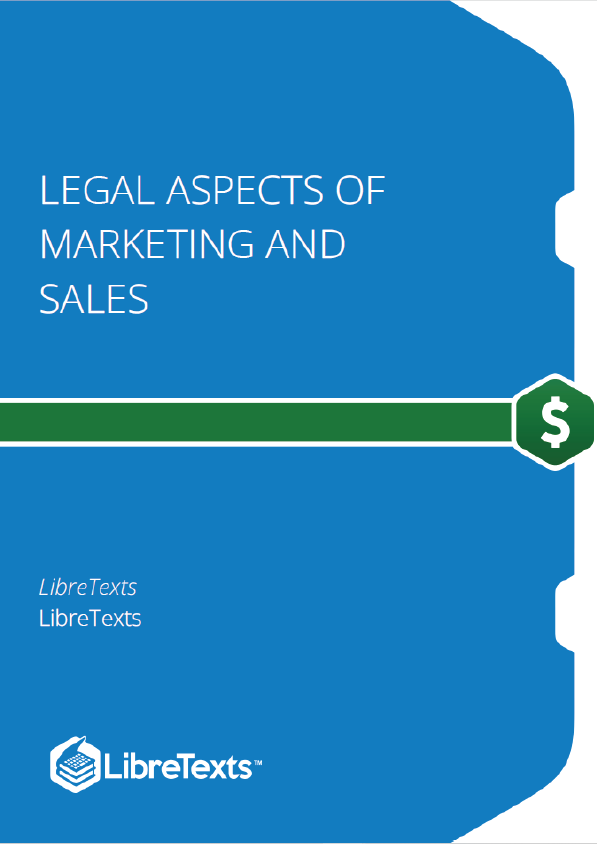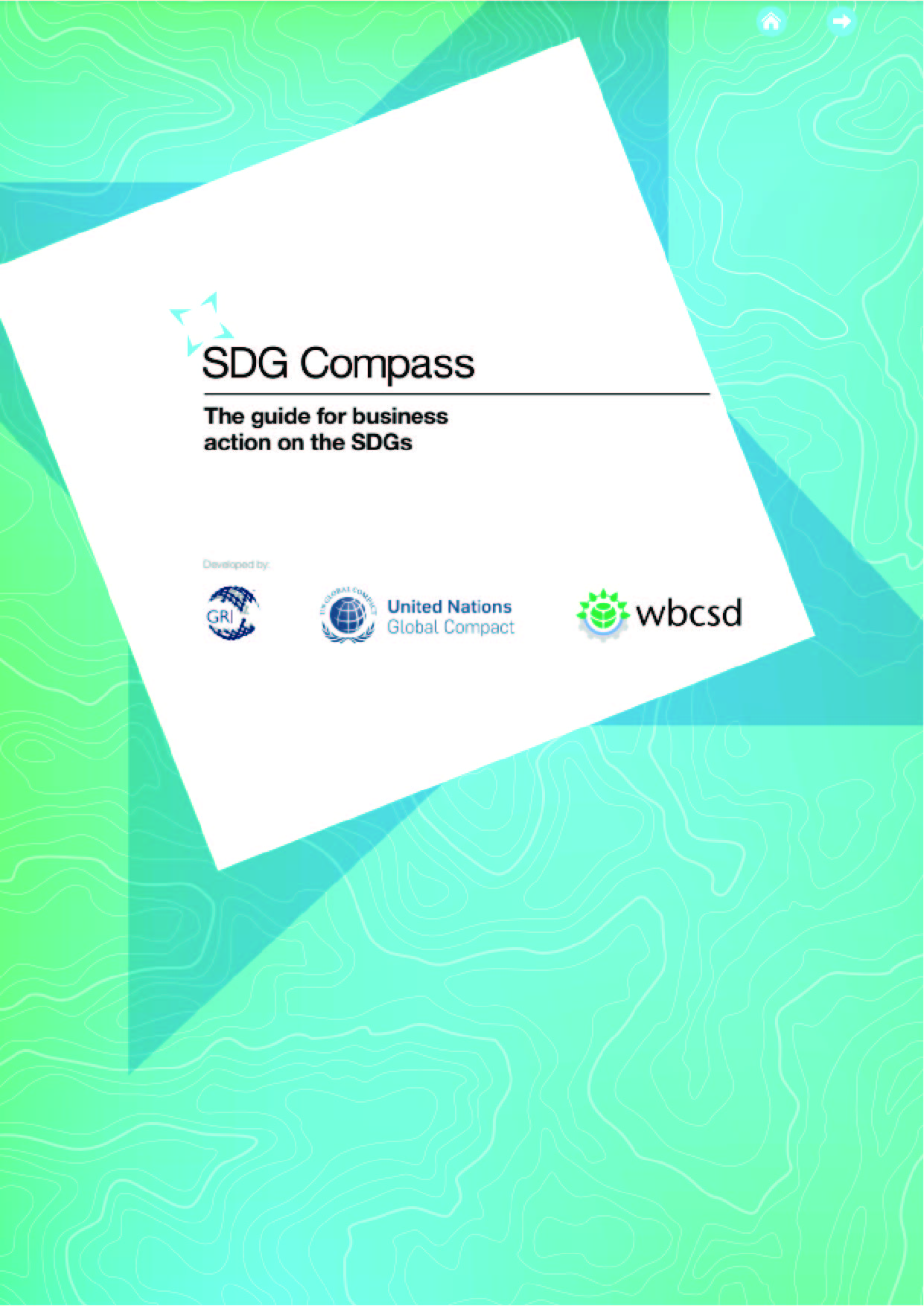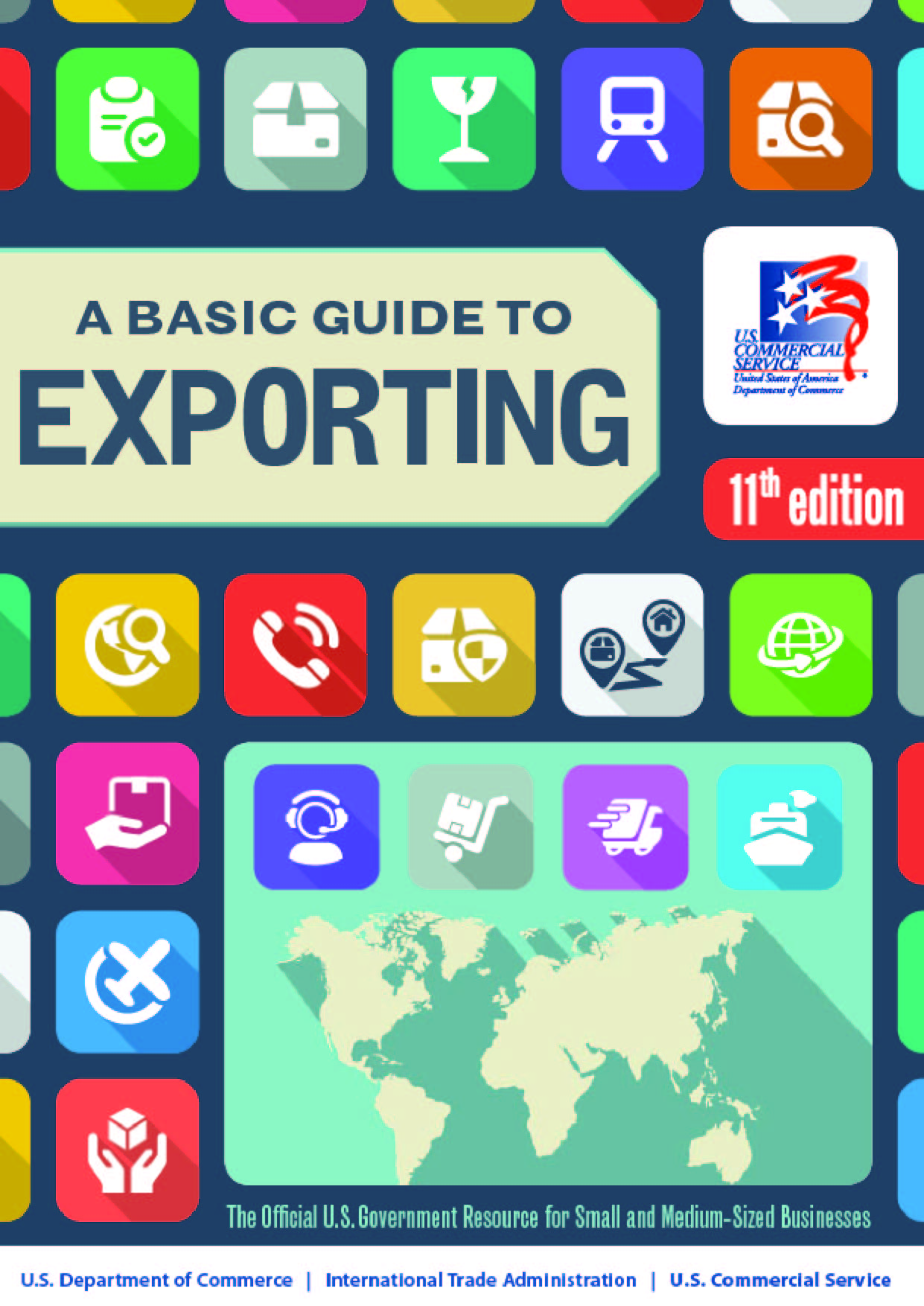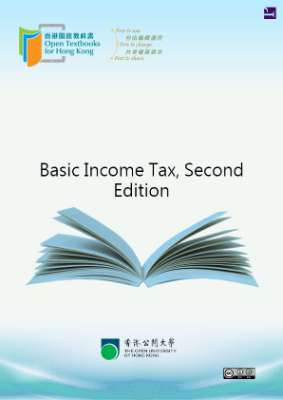Sources of Law
In the United States today, there are numerous sources of law. The main ones are (1) constitutions—both state and federal, (2) statutes and agency regulations, and (3) judicial decisions. In addition, chief executives (the president and the various governors) can issue executive orders that have the effect of law.
In international legal systems, sources of law include treaties (agreements between states or countries) and what is known as customary international law (usually consisting of judicial decisions from national court systems where parties from two or more nations are in a dispute).
As you might expect, these laws sometimes conflict: a state law may conflict with a federal law, or a federal law might be contrary to an international obligation. One nation’s law may provide one substantive rule, while another nation’s law may provide a different, somewhat contrary rule to apply. Not all laws, in other words, are created equal. To understand which laws have priority, it is essential to understand the relationships between the various kinds of law.
Constitutions
Constitutions are the foundation for a state or nation’s other laws, providing the country’s legislative, executive, and judicial framework. Among the nations of the world, the United States has the oldest constitution still in use. It is difficult to amend, which is why there have only been seventeen amendments following the first ten in 1789; two-thirds of the House and Senate must pass amendments, and three-fourths of the states must approve them.
The nation’s states also have constitutions. Along with providing for legislative, executive, and judicial functions, state constitutions prescribe various rights of citizens. These rights may be different from, and in addition to, rights granted by the US Constitution. Like statutes and judicial decisions, a constitution’s specific provisions can provide people with a “cause of action” on which to base a lawsuit (see Section 1.4.3 “Causes of Action, Precedent, and ” on “causes of action”). For example, California’s constitution provides that the citizens of that state have a right of privacy. This has been used to assert claims against businesses that invade an employee’s right of privacy. In the case of Virginia Rulon-Miller, her employer, International Business Machines (IBM), told her to stop dating a former colleague who went to work for a competitor. When she refused, IBM terminated her, and a jury fined the company for $300,000 in damages. As the California court noted, “While an employee sacrifices some privacy rights when he enters the workplace, the employee’s privacy expectations must be balanced against the employer’s interests.…[T]he point here is that privacy, like the other unalienable rights listed first in our Constitution…is unquestionably a fundamental interest of our society.”Rulon-Miller v. International Business Machines Corp., 162 Cal. App.3d 241, 255 (1984).











